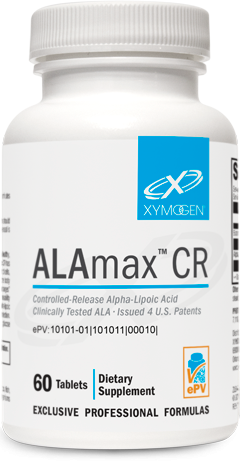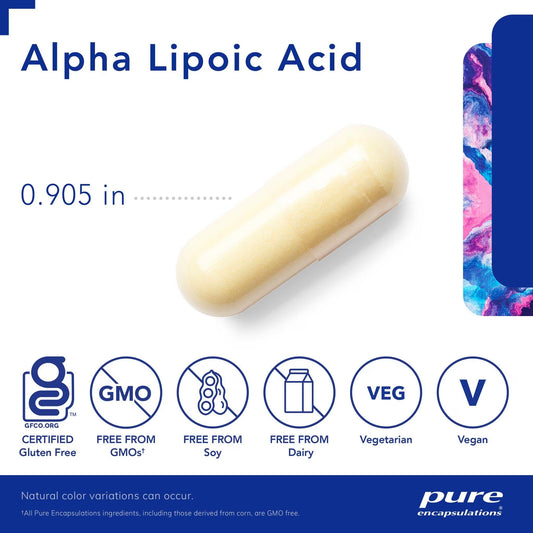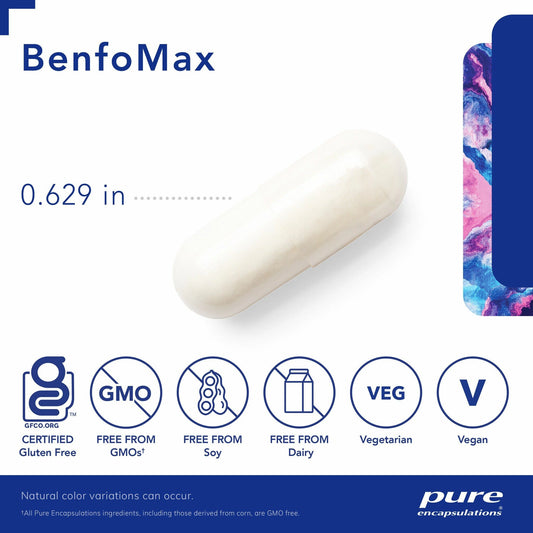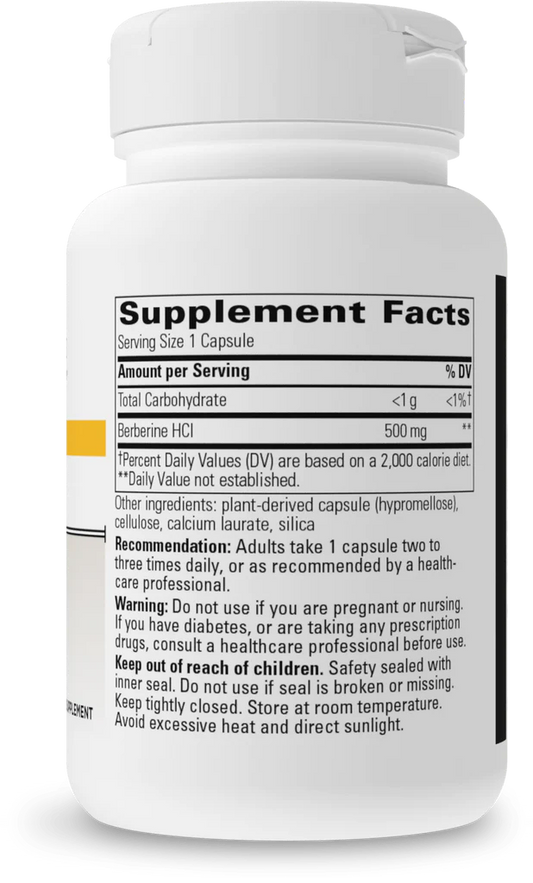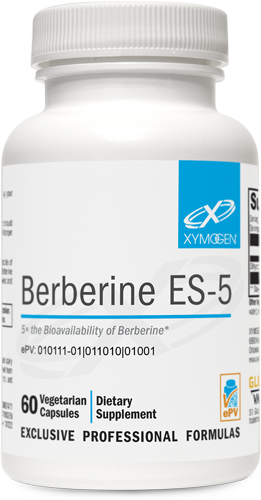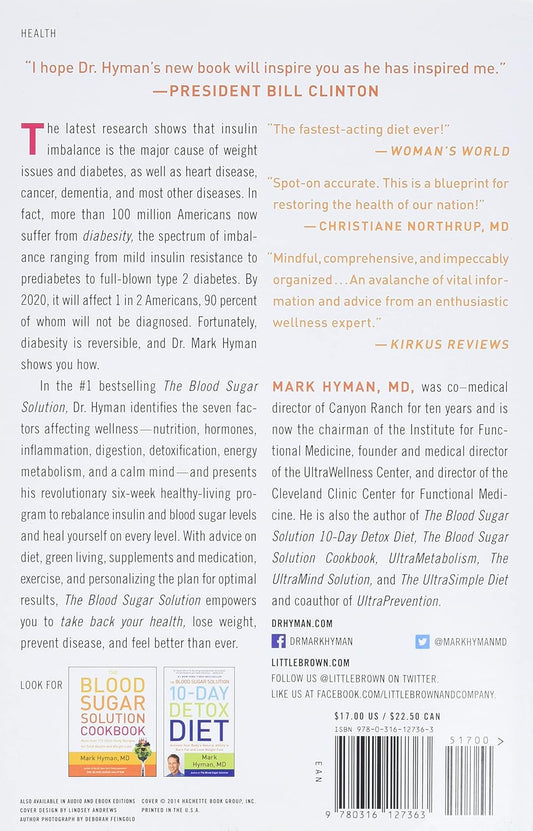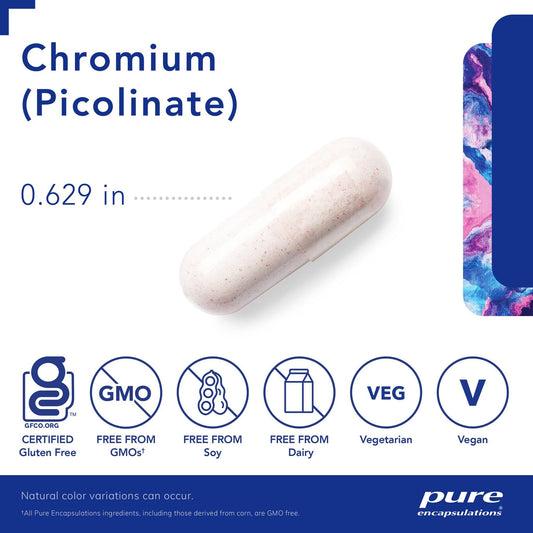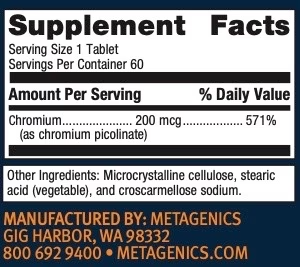Overview
Why is it so hard to lose weight and keep it off? On this episode of "The Doctor's Farmacy," we explore the intricate science of weight gain and metabolism, debunking common myths about calorie counting and your diet. Emphasizing the importance of food quality over quantity, I'll examine how modern diets high in refined carbs and sugars contribute to obesity. By investigating root causes and offering a holistic approach, I’ll provide you with a science-backed roadmap to achieving sustainable weight loss and optimal metabolic health.














